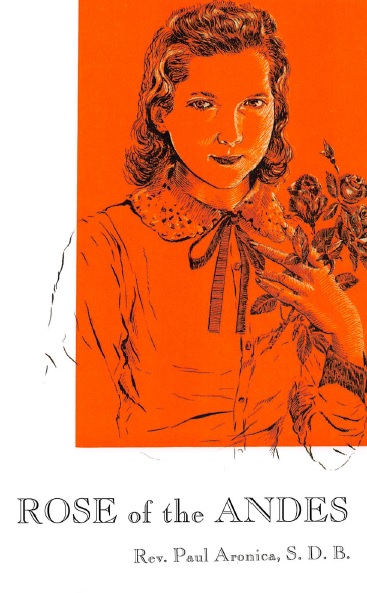The passage narrates the true story of Laura Vicuna, known as the Rose of the Andes, and her deep love for her widowed mother, Mercedes. Laura, a child, dedicated her life to winning back her mother’s soul, who was involved in a sinful relationship with ranch owner Mora. Laura’s love speaks eloquently to broken families, pleading for understanding and compassion for children affected by parental failures. Laura’s realization of her mother’s sinful life during Religion Class, her fainting, and her desire for her mother to return to God are detailed. The tragic turn in their lives occurred when Mercedes abdicated her role as a mother, leading to Laura’s suffering. Despite Laura’s pleas for her mother to return to the Sacraments, Mercedes refused, causing constant disappointment for Laura. In a drunken frenzy, Mora beat Laura, leading to her death. Before dying, Laura revealed her dedication to God in exchange for her mother’s soul. Mercedes, late in realizing her child’s love and value, promised to return to God. The passage emphasizes the enormity of sin and the redemption through Divine Justice and Redemptive Love. Laura’s fortunate upbringing by the Salesian Sisters nurtured her holiness, and the passage concludes with a prayer that Laura Vicuna may serve as an instrument in God’s hands to strengthen and adorn Christian family life through her teachings to parents and inspiration to children.
Reference time period: 1875 – 1988
P. Aronica, Rose of the Andes, a biography of blessed Laura Vicuna, Salesiana Publishers, New York, 2014.
